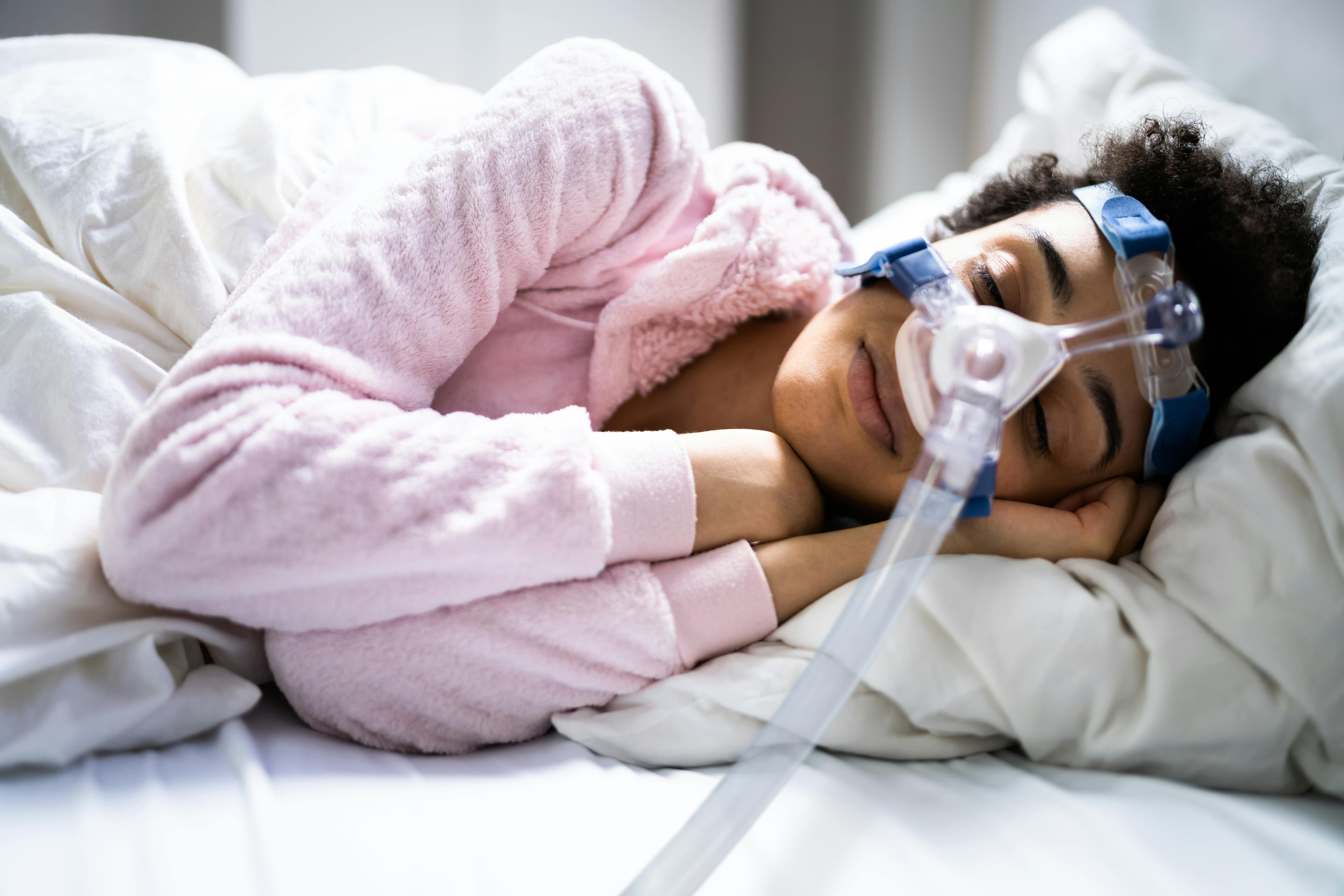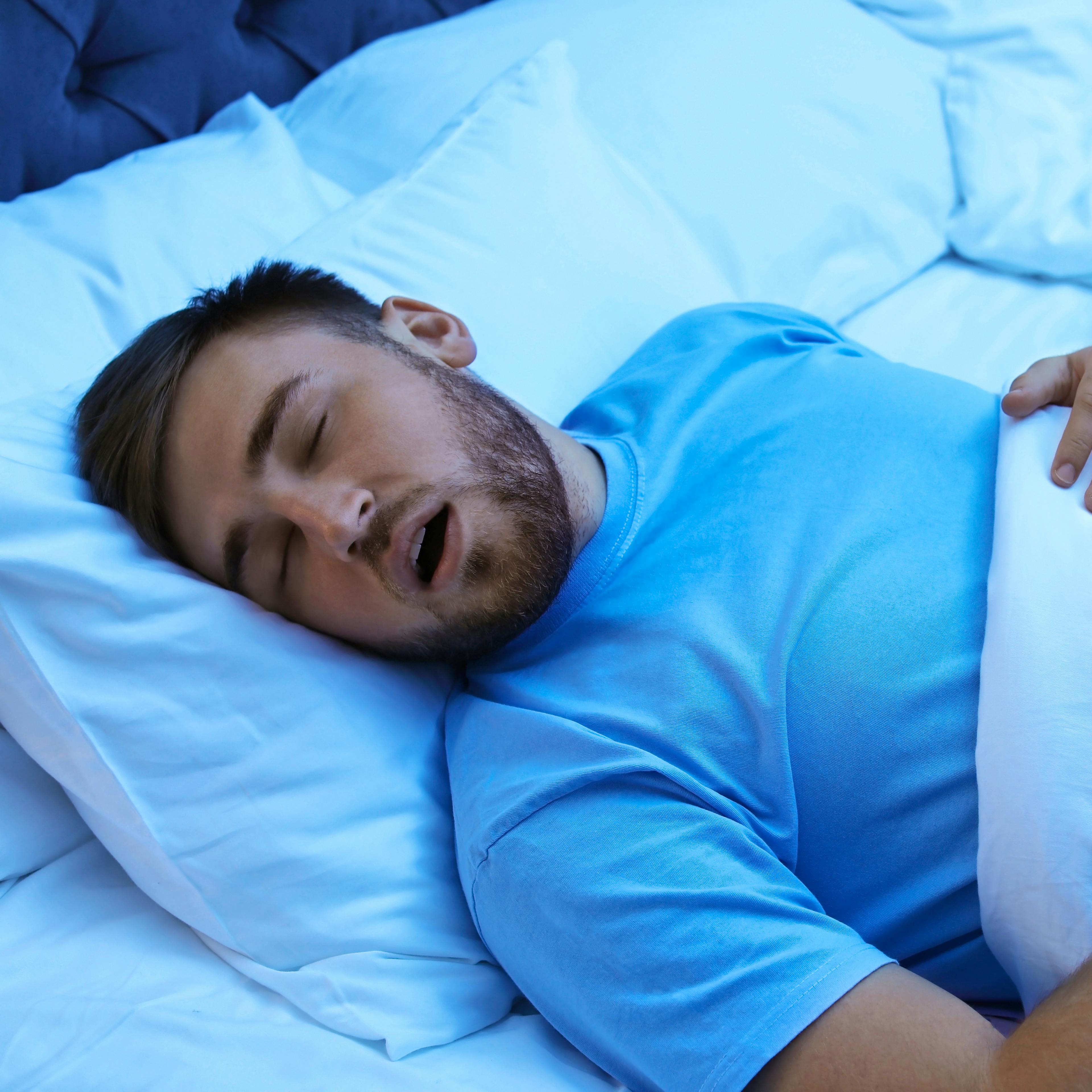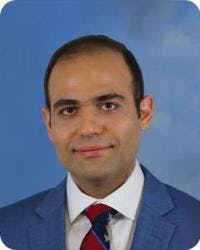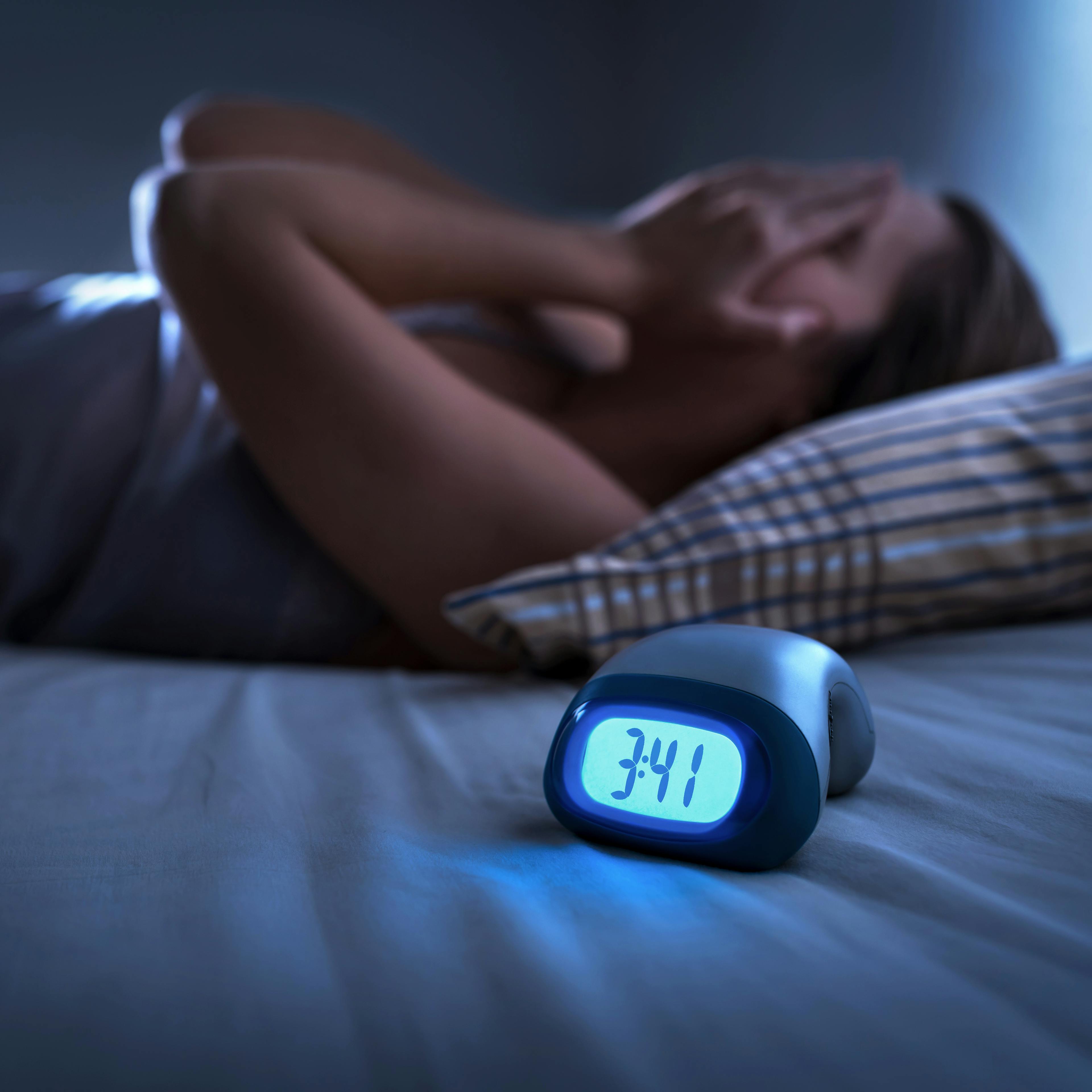When it comes to taking care of your health, getting a good night's sleep is critical. Unfortunately, for people with sleep apnea, restful sleep often feels impossible. This condition causes breathing to stop and start repeatedly during the night, leaving you tired, foggy, and at higher risk for serious medical problems and even death.
Fortunately, a variety of treatments are available, including medical devices, lifestyle changes, and specialist care. In this post, we will review the types of sleep apnea, how it is diagnosed, treatment options, and why visiting a sleep medicine specialist may be the most effective step toward better health.
What Is Sleep Apnea?
Sleep apnea is a disorder in which breathing repeatedly stops during sleep. These pauses can last seconds to minutes and may occur dozens of times per night, preventing you from reaching deep, restorative sleep.
The Different Types of Sleep Apnea
- Obstructive Sleep Apnea (OSA): The most common type. It occurs when throat muscles relax during sleep and block the airway.
- Central Sleep Apnea (CSA): A less common form. The brain does not send the correct signals to control breathing while asleep.
- Complex or Mixed Sleep Apnea: A combination of obstructive and central sleep apnea. This requires more specialized treatment.

How to Know If You Have Sleep Apnea
- Common symptoms: Loud snoring, gasping or choking during sleep, excessive daytime fatigue, poor concentration, and frequent morning headaches.
- Risk factors: Excess weight, older age, smoking, alcohol use, and family history increase the likelihood of developing sleep apnea.
When to seek professional help: If you or a loved one notices pauses in breathing during sleep or ongoing fatigue despite going to bed on time, schedule a sleep apnea consultation.
Sleep Apnea Testing: How It Works
- Home sleep tests: Portable monitors track breathing, oxygen levels, and heart rate overnight. These are convenient and effective for many patients.
- In-lab sleep studies (polysomnography): Conducted in a sleep lab with advanced equipment, this test records brain waves, oxygen levels, breathing, and body movement. It provides the most comprehensive results.
What the results mean: Test results reveal the severity of apnea events and help doctors choose the best treatment, whether lifestyle changes, devices, or surgical options.
Can Sleep Apnea Be Cured?
Most patients cannot permanently cure sleep apnea, but treatment greatly improves quality of life.
- Lifestyle changes and weight management: Losing weight, improving fitness, and reducing alcohol use often lessen the severity of symptoms.
- Surgical options: Procedures such as tonsil removal, jaw repositioning, or implantation devices may be recommended for certain severe cases when other treatments are unsuccessful.
Even with surgery, many patients benefit from continued use of devices and lifestyle strategies.
Sleep Apnea Devices and Remedies
CPAP Machines (Gold Standard Treatment)
Continuous Positive Airway Pressure (CPAP) machines keep airways open by providing steady airflow through a mask. CPAP is the most widely used treatment for moderate to severe obstructive sleep apnea.
BiPAP and APAP Devices
- BiPAP (Bilevel Positive Airway Pressure): Provides higher pressure when inhaling and lower pressure when exhaling, often used for patients who cannot tolerate CPAP.
- APAP (Auto-Adjusting Positive Airway Pressure): Adjusts airflow automatically throughout the night depending on your breathing patterns.
Oral Appliances (Mouth Guards)
Custom dental devices reposition the jaw or tongue to prevent airway collapse. These are commonly used for mild to moderate cases or for patients who cannot tolerate CPAP.
Positional Therapy Devices
These devices encourage side sleeping, which helps reduce apnea events for people whose symptoms are worse when lying on their back.
Supplemental Oxygen (in Select Cases)
When oxygen levels drop too low at night, supplemental oxygen may be prescribed in addition to other therapies.
Natural Remedies (and Lifestyle Adjustments) for Sleep Apnea
Lifestyle changes can improve sleep apnea symptoms significantly. These include:
- Weight loss, which reduces excess tissue that blocks the airway
- Avoiding alcohol and sedatives, which relax the muscles in the throat
- Sleeping on your side rather than your back to keep the airway open
Working with a Sleep Medicine specialist ensures these strategies are used safely and with the best possible results.
Why Choose CLS Health for Sleep Apnea Treatment
At CLS Health, patients have access to:
- Board-certified Sleep Medicine specialists who diagnose and treat all types of sleep apnea
- Accredited sleep labs that provide accurate, comprehensive testing
- A wide range of treatments, including CPAP fitting, oral appliances, and ongoing monitoring
Choosing the Best Treatment for Your Needs
The best treatment for sleep apnea depends on:
- The severity of your condition
- Your comfort with devices such as CPAP or oral appliances
- Lifestyle needs, including travel and daily routine
- Other health conditions, such as heart disease or obesity
Book an Appointment for Sleep Apnea Treatment in Houston or Webster
Untreated sleep apnea increases your risk of high blood pressure, heart disease, stroke, and dangerous daytime fatigue. If you suspect you may have sleep apnea, it’s best not to wait. Schedule a consultation at a local sleep medicine clinic to learn more about testing, devices, and treatment options that help restore healthy sleep.


